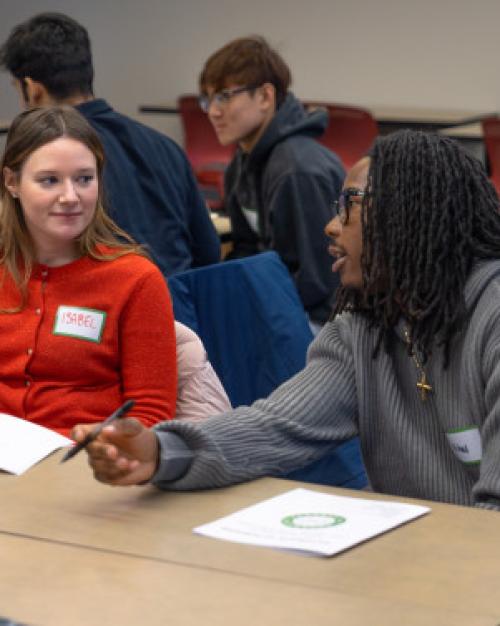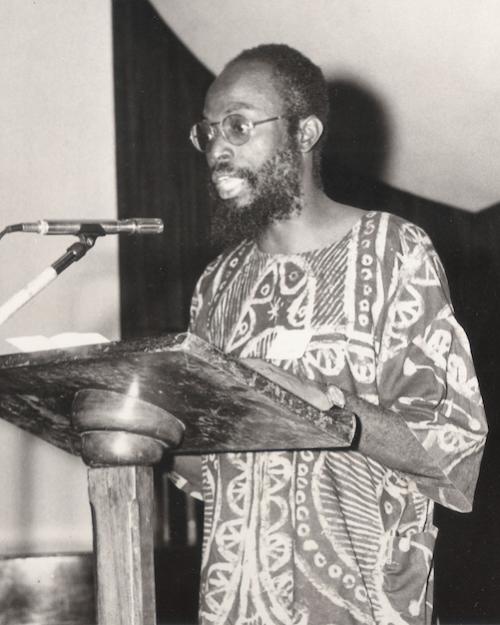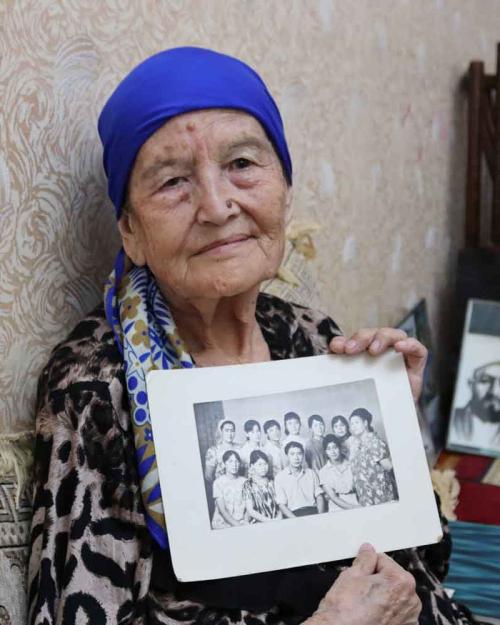Zilala Mamat ’26 knows that her work documenting Uyghur heritage is dangerous.
Shortly after she interviewed a Uyghur historian last summer in Uzbekistan, he was murdered. After Mamat delivered a 2024 TedX talk at Cornell — telling stories about victims of persecution — her family members were targeted. She’s received threatening phone calls and was stopped by police during a winter break research trip to Uzbekistan and Kazakhstan.
Nevertheless, Mamat, who is Uyghur-American herself, remains undaunted, even emboldened, as she continues her work to document the lives and stories of Uyghur people living in exile.
“Their goal is to push me into fear, so I don’t do the work I do,” she said. “But even if we stay silent, the atrocities will continue. So, for the greater future, it’s important that we continue to speak out.”
Mamat, a government major in the College of Arts & Sciences who’s interested in international law and human rights work, was born in the northwest region of China, also known as Xinjiang or East Turkestan. She moved to the U.S. in 2006 with her parents, who came here to study and then sought asylum. She still has family members who live in the region.
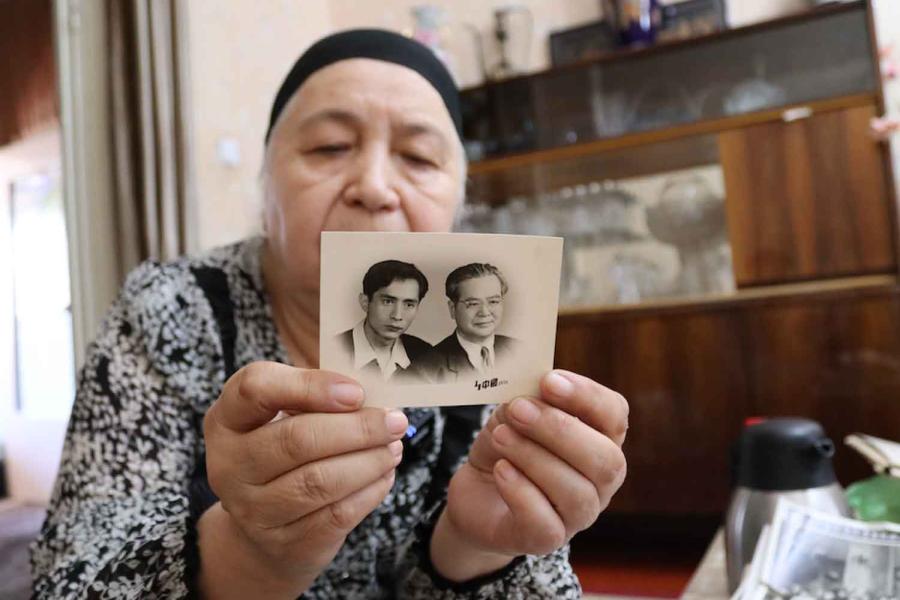
“I very much admire Zilala for her engagement for her people, the Uyghurs,” said Magnus Fiskesjö, associate professor in anthropology (A&S) and one of Mamat’s advisors. “This takes courage, because China is waging a massive campaign of repression where they target anyone around the world, including harassing the relatives of anyone who dares speak out. They target people in the U.S. and on U.S. campuses.”
Though she grew up knowing Uyghur history, Mamat was spurred into activism in 2017 when China began detaining many Uyghurs in re-education camps. Mamat’s family lost contact with her grandparents and other family members.
Mamat founded United Uyghur Youth in 2021 to connect Uyghur students from high schools and colleges across the country. She began her project documenting the stories of Uyghur people last summer, when she visited Uzbekistan and Kazakhstan on a trip funded by Yale University’s MacMillan Center for International and Area Studies and the non-profit Freedom House.
Over winter break, she returned, joined by three other Uyghur college students from the U.S. and armed with two scanners, a Canon camera and a microphone setup. She won a Community-Engaged Student Grant from the David M. Einhorn Center for Community Engagement to help pay for her trip and also received funding from the non-profit International Republican Institute.
“Ms. Mamat is a determined young scholar with conviction. She is engaging in evidence-based research to show the crimes of genocide that are committed against the Uygurs, Kazakhs, Kyrgyz, Tajiks and Wakhi in their homelands by the Peoples Republic of China,” said Karim-Aly S. Kassam, International Professor of Environmental & Indigenous Studies in the Department of Natural Resources and the Environment in the College of Agriculture & Life Sciences and another one of Mamat’s advisors. “This is not a small undertaking for an undergraduate student, but it is in the true spirit of what a scholar should be.”
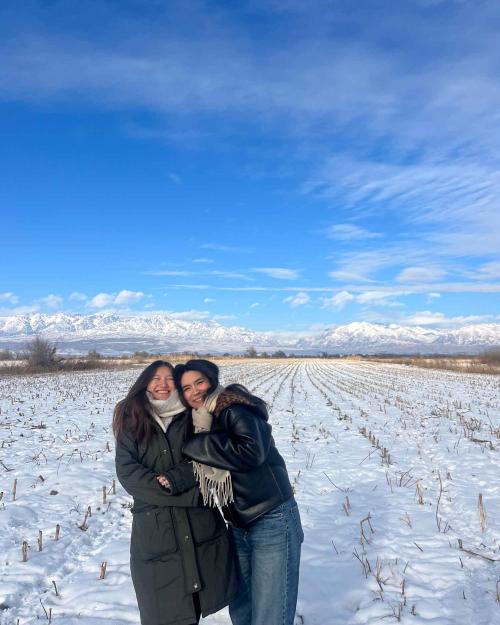
During the winter break trip, Mamat and the other students recorded interviews with more than a dozen people and digitally scanned archival materials including photos, letters, books, maps, memos and manuscripts.
“We interviewed the descendants of major Uyghur figures, as well as normal citizens,” Mamat said. “We were prioritizing older written documents because they can’t be found anywhere online.”
The students also walked to the border between Kazakhstan and China. “We were only 20 feet from the border, but all we could do was look out at the other side,” Mamat said. “All of our family members are in East Turkestan, but we don’t have contact with them.”
Mamat plans to continue her research, as well as support other Uyghur young people. She and other Uyghur college students recently began a mentoring program for Uyghur high-school students, helping them prepare for college.
“The situation is very grim,” Fiskesjö said. “But we have to nurture some kind of hope and Zilala, as with her TEDCornell talk, does that admirably.”

